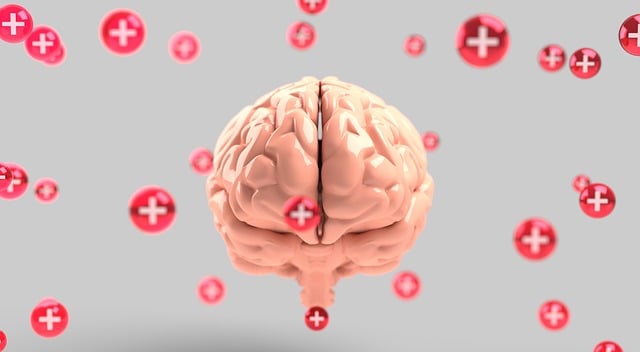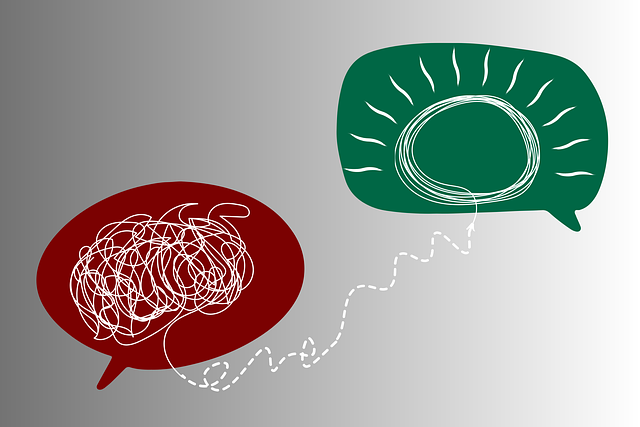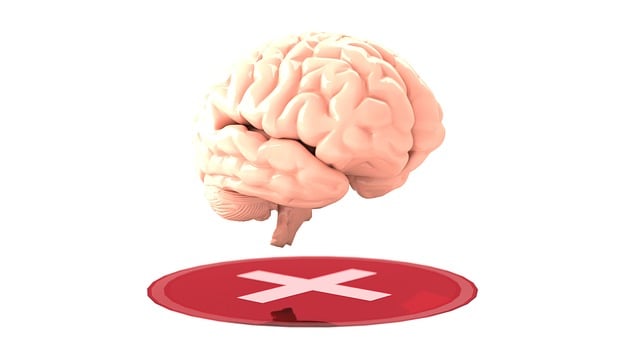Broomfield Adjustment Disorder (BAD), often overlooked during life transitions, causes prolonged sadness, anxiety, and irritability. Standardized criteria for BAD are lacking in current mental health diagnosis systems, leading to misdiagnosis or late detection. Evidence-based practices like CBT, mindfulness training, and ACT offer effective coping mechanisms for BAD through emotional processing, resilience building, and self-compassion cultivation. Broomfield Adjustment Disorder Therapy combines these practices with personalized guidance to enhance diagnostic precision and provide tailored interventions. Public awareness campaigns and crisis intervention are crucial for early symptom recognition and reducing stigma, ultimately improving mental healthcare accessibility and compassion.
Mental illness diagnosis accuracy is a critical aspect of patient care, especially for complex conditions like Broomfield Adjustment Disorder (BAD). This article delves into BAD, exploring its multifaceted nature and the current challenges in diagnosis. We highlight concerns surrounding misdiagnosis and missed opportunities for early intervention. Furthermore, we present innovative strategies, including advanced therapy techniques, aimed at enhancing diagnostic accuracy and improving patient outcomes, emphasizing the importance of precise identification for effective Broomfield Adjustment Disorder therapy.
- Understanding Broomfield Adjustment Disorder: A Complex Mental Health Issue
- Current Challenges in Diagnosis: Causes for Concern
- Innovative Strategies to Enhance Diagnostic Accuracy and Improve Patient Care
Understanding Broomfield Adjustment Disorder: A Complex Mental Health Issue

Broomfield Adjustment Disorder (BAD) is a complex mental health issue that often goes undiagnosed or misidentified. This disorder manifests when individuals struggle to cope with significant life changes, such as relocation, financial strain, or major losses. Symptoms can include persistent feelings of sadness, anxiety, irritability, and a marked decline in overall functioning. Unlike other adjustment disorders, BAD may not resolve within a few months, indicating a deeper need for understanding and specialized therapy.
Therapy plays a pivotal role in managing BAD by offering individuals the space to process their emotions, build resilience, and cultivate compassion towards themselves and others. Through evidence-based practices like cognitive behavioural therapy (CBT), mindfulness training, and acceptance and commitment therapy (ACT), those affected can develop coping mechanisms that enhance mental health awareness and promote positive lifestyle changes. These approaches not only help in managing symptoms but also foster personal growth and a greater sense of control over one’s life.
Current Challenges in Diagnosis: Causes for Concern

The current landscape of mental health diagnosis faces several challenges that underscore the need for improvement. One significant concern is the lack of standardized and consistent criteria for assessing various mental disorders, leading to potential misdiagnosis or late detection. This issue is particularly evident in cases like Broomfield Adjustment Disorder, where symptoms can overlap with other conditions, making it a diagnostic enigma. The subjectivity involved in interpreting behaviors and emotions further complicates matters, as what may seem like a disorder to one professional might be attributed to temporary stress or individual personality traits by another.
Additionally, the pressure to fit patients into specific diagnostic categories for insurance purposes or research can overshadow a holistic understanding of mental wellness. Encouraging positive thinking and self-care practices is crucial, but it should complement, not replace, evidence-based diagnosis and treatment. Crisis intervention guidance is essential in these scenarios, as it allows professionals to navigate complex situations, offer immediate support, and facilitate further evaluation.
Innovative Strategies to Enhance Diagnostic Accuracy and Improve Patient Care

In the quest for enhancing mental illness diagnosis accuracy, innovative strategies are emerging as powerful tools to revolutionize patient care. One such game-changer is the integration of Broomfield Adjustment Disorder Therapy, a specialized approach tailored to address specific challenges faced by individuals struggling with adjustment disorders. This therapy focuses on cultivating inner strength and resilience, empowering patients to manage their symptoms effectively. By combining evidence-based practices with personalized guidance, mental health professionals can improve diagnostic precision, ensuring that each patient receives tailored interventions aligned with their unique needs.
Beyond individual therapy, public awareness campaigns play a pivotal role in the diagnostic process. Educating the public about mental health promotes early recognition of symptoms and encourages individuals to seek help without stigma. Additionally, crisis intervention guidance becomes invaluable during critical moments, providing immediate support and de-escalation techniques to both patients and caregivers. These comprehensive strategies collectively contribute to a more accurate and compassionate mental healthcare system.
Broomfield Adjustment Disorder (BAD) poses significant diagnostic challenges, but innovative strategies offer hope. By integrating advanced assessment tools, continuing professional education in BAD symptomatology, and fostering patient-centric approaches like tailored therapy, we can enhance diagnosis accuracy. These efforts not only improve patient care but also ensure individuals affected by BAD receive the appropriate support they need to lead fulfilling lives. Broomfield Adjustment Disorder therapy, when accessible and personalized, plays a pivotal role in this positive transformation.












